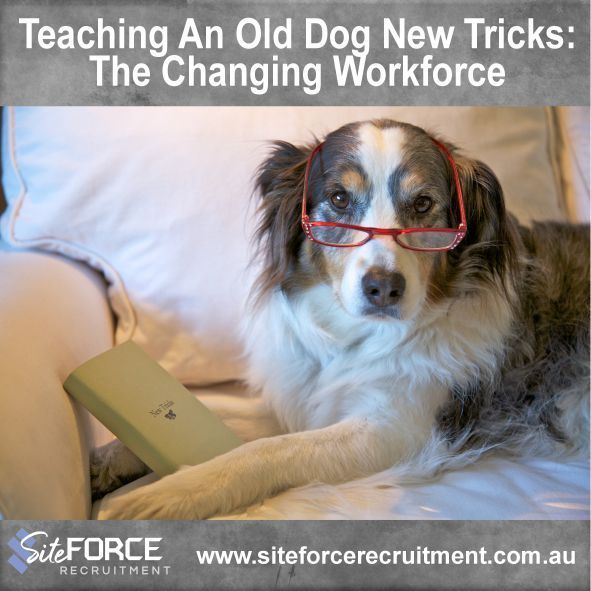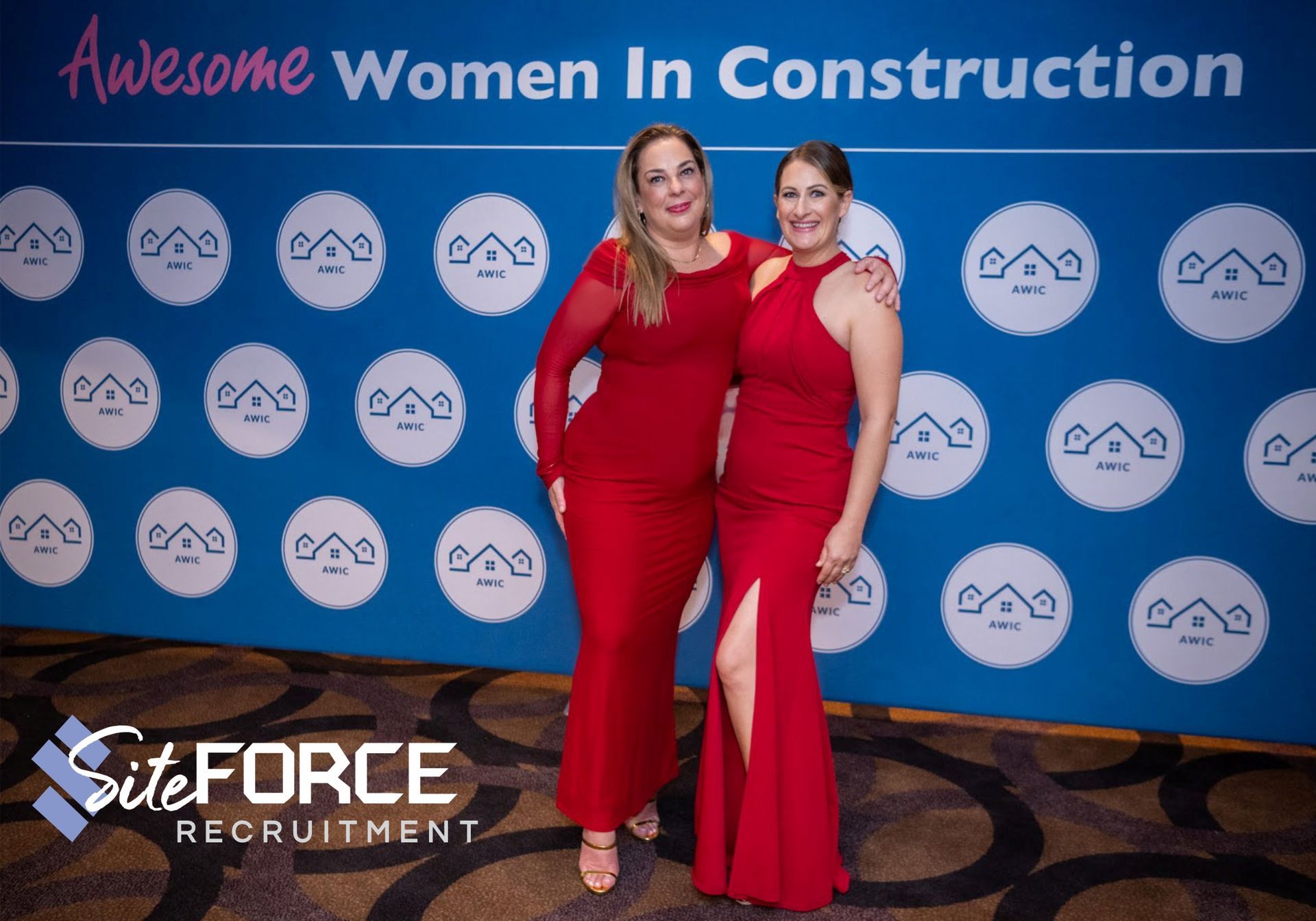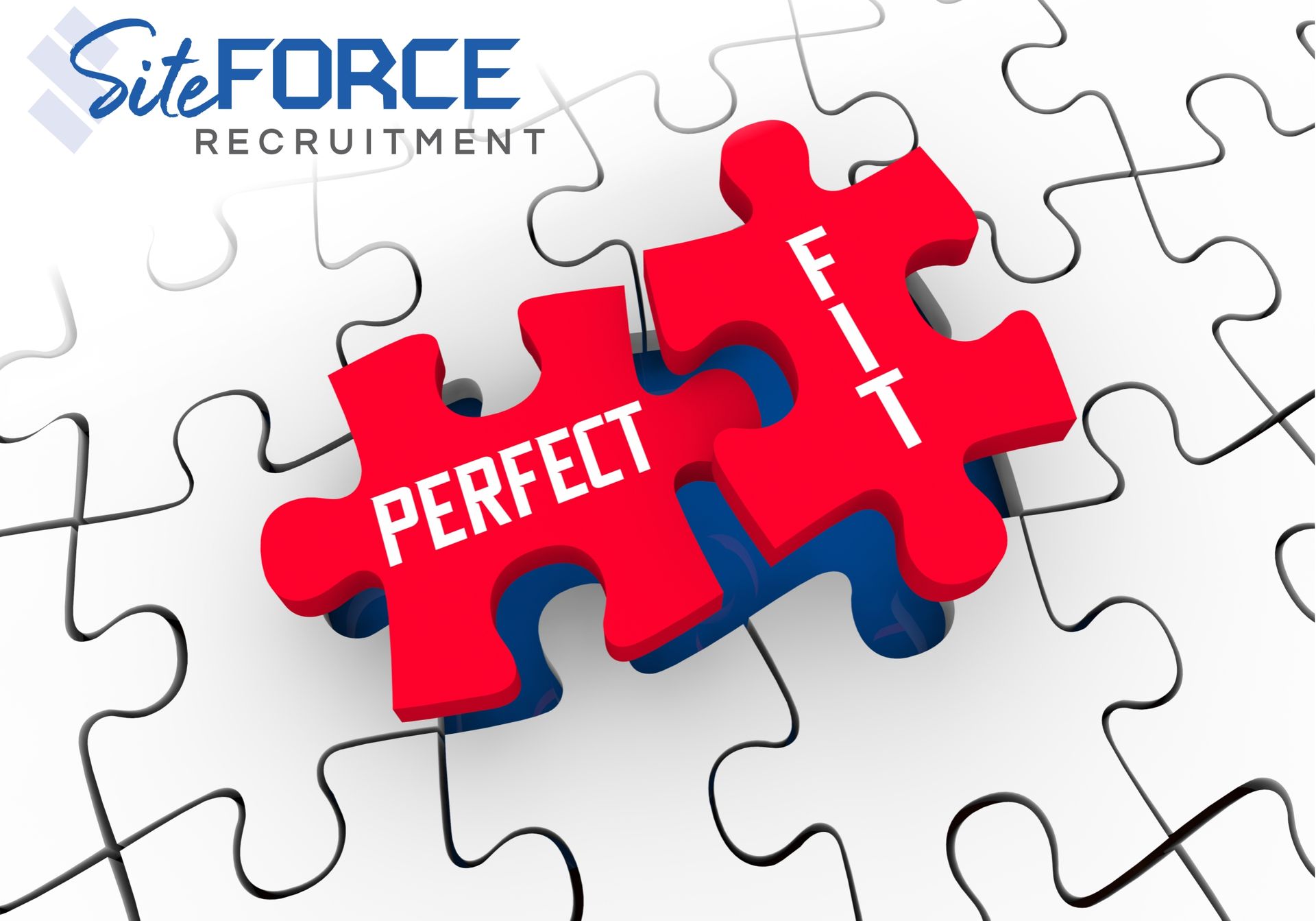CAN YOU TEACH AN OLD DOG NEW TRICKS
The changing workforce

In the dynamic realm of construction, where bricks and mortar meet innovation and progress, the age-old adage rings true: can you teach an old dog new tricks?
I had a great discussion with Jack Hutchinson at a recent Q and A. Third generation Jack Hutchinson (Snr) is recently retired, and fifth generation Jack Jnr is now a Director on Hutchies’ Board. Hutchinson Builders (known as Hutchies) employ over 1550 direct employees with a network of over 10,000 subbies and suppliers. With over 110 years in business, and the average length of 16 years for employees, it was an interesting discussion on the industry, its changes, and what the future faces.
Times are changing and the pendulum swing that went towards workers during Covid, and the frenetic search for workers and employers willing to pay top dollar just to get ‘somebody, anybody’ on board has changed. The pendulum is swinging back towards employers who are now looking for workers that display an attitude of gratitude.
The workforce is undergoing a profound transformation, as traditional practices yield to the winds of change blowing in fresh perspectives and modern methodologies. Gone are the days of stubborn adherence to the status quo; instead, forward-thinking organisations are embracing a new ethos, one that champions efficiency, sustainability, diversity and technological advancement, reshaping the very fabric of traditional employment paradigms.
It's a transformation that challenges long-held beliefs and demands a willingness to adapt and evolve. As a leading recruitment company in Australia, offering both permanent placements and labour hire, we recognise the imperative to adapt to these changes and empower both employers and employees to thrive in this new era.
Workforce Demographics: One of the most notable shifts is in the demographics of employees. Australia, like many other developed nations, is experiencing an aging population, leading to a workforce that is more diverse in age than ever before. With this diversity comes a wealth of experience, but also the need for organisations to invest in understanding the needs of each demographic, how they can blend a multi-generational workforce to work best and adapt their practices to accommodate different generational preferences and working styles. You may want to read more on this subject in my blog: “Boomers Zoomers & Beyond, Adapting to Multi Generational Workplaces’
Change Management: However, despite the changing demographics, some managers may find themselves entrenched in outdated practices, resistant to embracing new ways of working. It's essential for organisations to invest in educating these managers, helping them understand the benefits of diversity and inclusion, and providing training to effectively manage and motivate teams of varying backgrounds and experiences. You may want to listen to my podcast on this subject: “Talent Instinct with Chantal Penny: 16 Unconscious Bias with guest Craig Dealing, Master Builders Qld’
Respect: In the construction industry, where collaboration and teamwork are essential, fostering a culture of respect is not just a matter of etiquette; it's a fundamental aspect of creating a safe and healthy work environment. By addressing psychosocial hazards associated with disrespectful behaviour head-on, organisations can build a foundation where individuals feel valued, supported, and psychologically secure. It's a collective responsibility that, when undertaken with dedication, ensures that construction sites become not only places of hard work but also communities where individuals thrive both professionally and personally. You may want to read more on this subject in my blog: 'Respect – Fostering Respectful Workplaces’
Women in the Industry: Moreover, we're witnessing a welcome influx of women into positions traditionally dominated by men. While this represents a significant step towards gender equality in the workplace, it's not without its challenges. Resistance from some quarters may stem from ingrained biases or a reluctance to relinquish the status quo. To overcome this resistance, organisations must foster a culture of inclusion and actively address any instances of discrimination or bias. You may want to listen to my podcast on this subject: 'Talent Instinct with Chantal Penny: 16 Unconscious Bias with guest Craig Dealing, Master Builders Qld’
Great Graduates No Life Experience: On the other end of the spectrum, young graduates are entering the workforce with impressive academic credentials but often lacking essential life skills. As a recruitment company, we understand the importance of bridging this gap. Employers ideally should offer mentorship programs, internships, and ongoing training opportunities to help these graduates develop the practical skills needed to succeed in the workplace. You may want to listen to my podcast on this subject: 'Talent Instinct with Chantal Penny: 18 Rocking Resumes – Writing & Reviewing’
Emotional Intelligence: In addition to technical proficiency, emotional intelligence (EI) is increasingly recognised as a crucial asset in today's jobs. As automation and artificial intelligence reshape the labour market, roles that require human-centric skills such as empathy, communication, and collaboration are becoming more sought after. Employers should prioritise EI in their hiring processes and provide training to develop these skills in existing employees.
Diversity: Diversity lies at the heart of the modern workforce, enriching organisations with a tapestry of perspectives, experiences, and talents. Embracing diversity not only fosters a more inclusive and equitable workplace but also drives innovation and creativity. By bringing together individuals from different backgrounds, cultures, and identities, organisations can tap into a wealth of insights and ideas, leading to better decision-making and problem-solving. Moreover, diverse teams are more resilient and adaptable, better equipped to navigate the complexities of today's globalised marketplace. Therefore, it's imperative for organisations to prioritise diversity and inclusion initiatives, not just as a moral imperative but as a strategic advantage in the competitive landscape of the 21st century.
Education -v- On The Job Experience Unconscious Bias: Unconscious biases often creep into the hiring process, particularly when it comes to evaluating educational credentials versus on-the-job experience, a phenomenon that's especially prevalent in industries like construction and a hazard to a novice recruiter, or one that relies on data only. Traditional hiring practices may prioritise candidates with prestigious degrees or extensive academic qualifications, overlooking the invaluable skills and knowledge gained through hands-on experience in the field. While education certainly has its merits, particularly in providing a foundational understanding of theory and best practices, it's essential to recognise the distinct advantages offered by on-the-job experience. 'Talent Instinct with Chantal Penny: 18 Rocking Resumes – Writing & Reviewing’
In construction, for instance, practical skills honed through years of work in the field can be just as, if not more, valuable than classroom learning. On-the-job experience fosters a deep understanding of industry-specific challenges, safety protocols, and practical problem-solving techniques that may not be fully captured in a transcript or academic qualification. By acknowledging and addressing these biases, hiring managers can ensure a fairer and more effective recruitment process, one that values both education and real-world expertise for their respective contributions to success in the construction industry. You may want to read more on this subject in my blog: 'Unconscious Bias – Seek to Understand – Not Sideline’
Apprenticeships: The lack of apprenticeships in the past has led to a shortage of skilled workers in construction today. Instead of hands-on training, many workers were pushed towards traditional academic paths, leaving them short on practical skills in trades like carpentry, plumbing, and electrical work. This shortage means organisations often struggle to find qualified candidates. The solution? Get proactive and invest in apprenticeship programs. By teaming up with vocational schools, trade unions, and industry groups, companies can nurture the next generation of tradies. Apprenticeships not only fill job vacancies but also keep the construction industry thriving. They give aspiring workers the hands-on experience and know-how they need to succeed, ensuring a strong workforce and fostering growth and innovation in the industry. You may want to read more on this subject in my blog: 'Tradespeople Needed to Build A Stronger Construction Industry’
Immigration and Skill Shortfalls with Overseas Employees: One of the main challenges overseas employees face is familiarity with local regulations and standards. Australia, and Queensland in particular, has a robust set of rules and guidelines in place to ensure construction projects meet high standards of safety, quality, and sustainability. Overseas employees often find themselves unfamiliar with these specific requirements, leading to potential gaps in their skillset.
As the Queensland construction industry continues to attract overseas talent, it's essential to consider the potential risks associated with employing foreign workers and what the current statistics tell us. While recognising the value they bring, it's important to address the challenges and implications that can arise. The issues of language barriers, lack of familiarity with Qld standards, cultural differences, limited knowledge of local construction techniques, potential communication breakdowns, adaption to local work practices, increased workplace accidents, quality control issues, legal and compliance risk, and rework and delays are crucial to acknowledge and address. By investing in targeted training, improving communication channels and fostering an inclusive environment we can bridge the gap, create a stronger, more cohesive workforce that meets the high standards of our industry and build a brighter future for the Australia construction industry and turn waves into smooth sailing. You may want to read more on this subject in my blog: 'Lost in Translation – Overseas Employees'
Into the Future:
So, how can organisations navigate these changes and ensure they're poised for success in the evolving workforce?
Firstly, they must be proactive in identifying areas for improvement and embracing change. This may involve conducting regular assessments of their recruitment and retention practices, seeking feedback from employees, and staying abreast of industry trends.
Secondly, investing in training and development programs is key to equipping employees with the skills they need to thrive in a rapidly changing environment. This includes not only technical skills but also soft skills such as communication, adaptability, and resilience.
Finally, fostering a culture of continuous learning and adaptability is crucial. Organisations that encourage innovation, collaboration, and diversity will be better positioned to attract and retain top talent in the evolving workforce.
Lastly, but not least, is looking at the world in a different way and not relying on the old status-quo. The world is changing, and if we want success in our future, we need to change with it.
In conclusion, the Australian workforce is undergoing a profound transformation, driven by shifting demographics, changing gender dynamics, and evolving skill requirements. As a recruitment company, we're committed to helping organisations navigate these changes and thrive in the new era of work.
Our Superpower
Our leading 'superpower' is attracting and retaining quality team members who share our values of honesty, integrity, diligence, and service, allowing us to deploy quality team members on client sites quickly.
Our team member's superpower is being motivated, prepared and ready to enthusiastically contribute to the projects at hand, more than just a pair of hands.
Related articles:
Read other informative articles for both employers and workers at: https://www.siteforcerecruitment.com.au/blogs
Chantal Penny is the Director with Superpowers of SiteForce Recruitment. A thought leader in the industry, Chantal, based on her expertise and industry perspective, offers unique guidance, inspiration, and influence in the industry. Chantal Penny is also a thought leader in the industry with her Podcast, Talent Instinct, which is available at:
https://talentinstinctpodcast.libsyn.com/site
At SiteForce Recruitment, we specialise in labour-hire and permanent recruitment in the construction industry. We are committed to valuing people, safety and wellbeing, collaboration, trust and, of course – results!
CONNECT with us via our contact page or bookings links on our website if you are looking to recruit for, get your dream job, or join our amazing labour force team.











